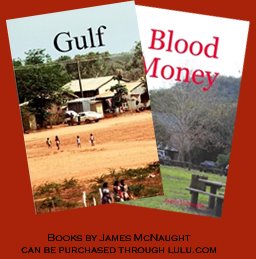Exodus 35: 30-35, “And Moses said unto the children of Israel, See, the LORD hath called by name Bezaleel the son of Uri, the son of Hur, of the tribe of Judah; And he hath filled him with the spirit of God, in wisdom, in understanding, and in knowledge, and in all manner of workmanship; And to devise curious works, to work in gold, and in silver, and in brass, And in the cutting of stones, to set them, and in carving of wood, to make any manner of cunning work. And he hath put in his heart that he may teach, both he, and Aholiab, the son of Ahisamach, of the tribe of Dan. Them hath he filled with wisdom of heart, to work all manner of work, of the engraver, and of the cunning workman, and of the embroiderer, in blue, and in purple, in scarlet, and in fine linen, and of the weaver, even of them that do any work, and of those that devise cunning work.”
Even though there were plenty of voluntary gifts for construction the Tabernacle and the priestly garments, they would have been of no use if there wasn’t someone who could make all the beautiful things that were needed. The Lord had already prepared a man called Bezaleel with the skills and gifts needed to make all the wonderful things that were required to finish the Tabernacle and priestly garments. This give us an important fact about the Lord: when the Lord calls someone to a task He equips that person for the task. When the Lord has a job to be done He provides the person with the skill to complete that job. Bezaleel was skilled so that he could perform the work but also so that he could train and supervise team to complete the task. There was too much work for just one man so the Lord prepared Aholiab to be his second in command. It is comforting for people who believe in the Lord Jesus Christ to know that He is sufficient for every situation that we face.
(The view expressed in this blog are my own and should not be taken as inspired in any way.)
